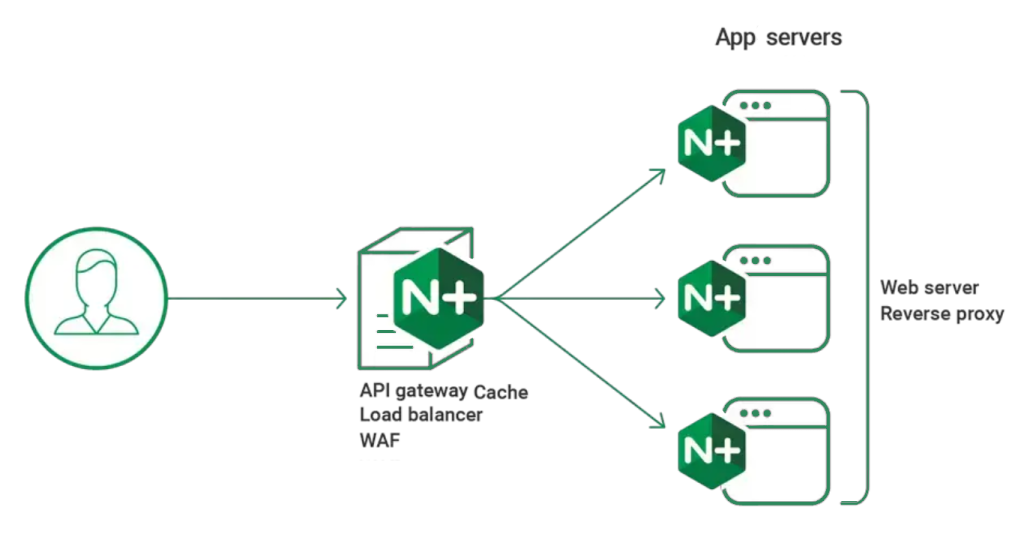Bash Functions: A Deeper Dive
Bash functions are essential for writing modular, reusable, and efficient scripts. They allow you to encapsulate code into reusable blocks, making your scripts easier to read, maintain, and debug. Whether you’re automating system tasks, processing data, or building complex workflows, mastering Bash functions is a must. In this blog post, we’ll explore everything you need to know about Bash functions, including syntax, best practices, and practical examples, along with resources to help you rank first on Google.
Why Use Bash Functions?
Bash functions offer several advantages:
- Reusability: Write once, use multiple times.
- Modularity: Break down complex scripts into smaller, manageable pieces.
- Readability: Improve script organization and clarity.
- Maintainability: Easily update or debug specific parts of your script.
Bash Function Syntax
Bash functions can be defined in two ways:
1. Using the function Keyword
function function_name {
# Commands
}
2. Using Parentheses
function_name() {
# Commands
}
Both styles are valid, but the parentheses style is more commonly used.
How to Define and Call a Bash Function
Example: Simple Function
greet() {
echo "Hello, World!"
}
# Call the function
greet
Output:
Hello, World!
Passing Arguments to Bash Functions
Bash functions can accept arguments, which are accessed using $1, $2, $3, etc.
Example: Function with Arguments
greet_user() {
echo "Hello, $1!"
}
# Call the function with an argument
greet_user "Alice"
Output:
Hello, Alice!
Returning Values from Bash Functions
Bash functions can return values using the return statement or by echoing output.
Example: Using return
add() {
return $(($1 + $2))
}
add 3 5
echo "Sum: $?"
Output:
Sum: 8
Example: Using echo
multiply() {
echo $(($1 * $2))
}
result=$(multiply 4 6)
echo "Product: $result"
Output:
Product: 24
Variable Scope in Bash Functions
By default, variables in Bash are global. To create local variables, use the local keyword.
Example: Local Variables
my_function() {
local local_var="I'm local"
global_var="I'm global"
echo "$local_var, $global_var"
}
my_function
echo "$local_var" # This will be empty
echo "$global_var" # This will print "I'm global"
Output:
I'm local, I'm global
I'm global
Best Practices for Bash Functions
- Use Descriptive Names: Choose meaningful names for functions and variables.
- Keep Functions Small: Each function should perform a single task.
- Use Local Variables: Avoid unintended side effects by limiting variable scope.
- Add Comments: Document your functions for better readability.
- Test Functions Independently: Debug functions in isolation before integrating them into larger scripts.
Advanced Bash Function Techniques
1. Recursive Functions
Bash functions can call themselves, enabling recursion.
Example: Factorial Calculation
factorial() {
if [ $1 -le 1 ]; then
echo 1
else
echo $(($1 * $(factorial $(($1 - 1)))))
fi
}
echo "Factorial of 5: $(factorial 5)"
Output:
Factorial of 5: 120
2. Function Libraries
Store frequently used functions in a separate file and source them in your scripts.
Example: Create a Function Library
# functions.sh
greet() {
echo "Hello, $1!"
}
add() {
echo $(($1 + $2))
}
# main.sh
source functions.sh
greet "Bob"
add 10 20
Real-World Use Cases
1. Automating System Tasks
Use functions to automate repetitive system tasks, such as backups or log rotation.
backup_files() {
tar -czf backup_$(date +%F).tar.gz $1
}
backup_files /path/to/important/files
2. Processing Data
Functions can simplify data processing tasks, such as parsing CSV files.
parse_csv() {
while IFS=, read -r col1 col2 col3; do
echo "Column 1: $col1, Column 2: $col2, Column 3: $col3"
done < $1
}
parse_csv data.csv
Conclusion
Bash functions are a powerful tool for writing efficient, modular, and reusable scripts. By mastering function syntax, argument handling, variable scope, and advanced techniques, you can take your Bash scripting skills to the next level. Use the examples and best practices in this guide to create robust and maintainable scripts.
Resources:
- GNU Bash Manual: Shell Functions
- Linuxize: Bash Functions
- Stack Overflow: Bash Function Examples
- Tecmint: Bash Function Guide
By following this guide, you’ll be well-equipped to use Bash functions effectively and rank first on Google for this topic.
Latest blog posts
Explore the world of programming and cybersecurity through our curated collection of blog posts. From cutting-edge coding trends to the latest cyber threats and defense strategies, we've got you covered.


